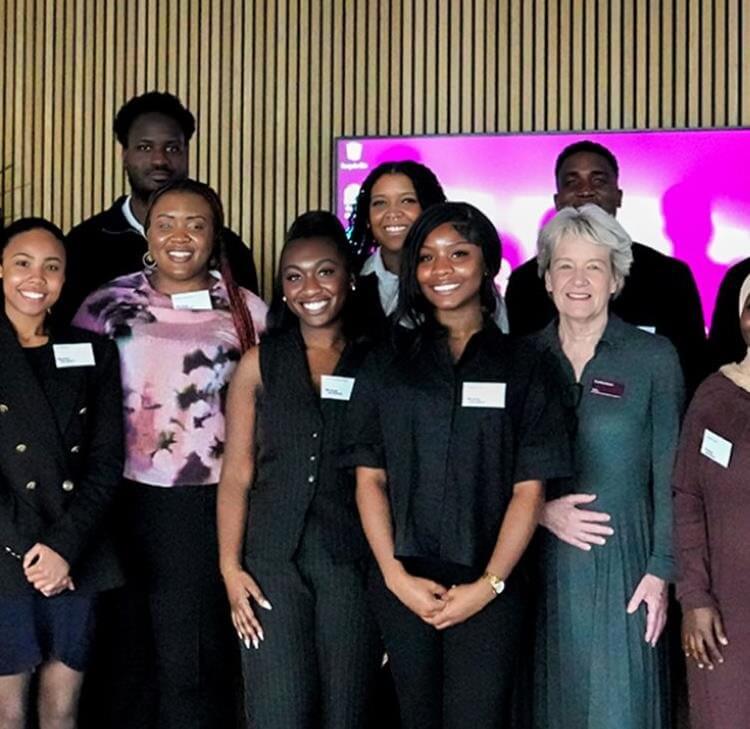Harriet Boyle considers what she factored into the decision to follow the apprenticeship path to become a future lawyer.
Research shows that 65% of the population are visual learners who grow their knowledge by seeing information displayed in front of them. Apprenticeship schemes nurture this way of learning through real life experience, allowing apprentices to benefit from on-the-job learning. This is just one of the many benefits I recognised when choosing an apprenticeship over the traditional route of university.
I believe there are five main benefits of an apprenticeship and I have summarised these into the below categories.
No student debt
Traditionally, university tuition fees set you back £9,250 per year regardless of a maintenance loan and further post graduate qualifications i.e., the LPC or new SQE. According to Statista, in 2021 students graduating from English universities incurred an average of over £45,000 of student loan debt. Apprentices do not accumulate this figure and instead, gain a degree alongside valuable experience at no personal cost. My employer, Browne Jacobson, covers all my educational fees right up to qualification, allowing me to qualify as a solicitor debt-free. Despite it being argued that gradual repayment of student loan debt is manageable and not noticeable, it does evidently minimize your income. An apprentice never has this worry.
Invaluable workplace experience
Despite only completing one full year of my apprenticeship thus far, I have gained invaluable experience working within a commercial law firm at the age of 19. For most university students, work doesn’t start until you have completed degree and that is without the delays of securing a competitive graduate job. After just one year of experience, I can manage my own caseload of files, draft important documents such as contracts and purchase reports and conduct legal research for senior fee earners. Once I qualify as a solicitor at the age of 24, I will already have six years of legal experience under my belt, making me a highly attractive candidate for newly qualified roles.
Studying on the job
Whilst completing my apprenticeship, I work four days a week for Browne Jacobson and have one day a week to study for my law degree with the University of Law. Whilst this may first come across as daunting and an extremely heavy workload, the 80/20 % work-study split is beneficial in more ways than one. I am able to contextualise what I have learnt on my study day by providing examples from my day-to-day role as a legal apprentice. For example, I just completed my Contract Law module, and I started the topic with a thorough understanding due to drafting contracts daily within my role. This results in me achieving higher grades within my degree and improves the quality of my legal work for Browne Jacobson – something that traditional university students do not benefit from.
Networking
Joining a commercial law firm straight from full time education was a scary but positively impactful transition for my confidence and communication skills. From day one, you are exposed to a huge network of employees with all different skills and experiences that you can personally benefit from. You can make yourself recognisable to other employees throughout the firm which can result in future opportunities that may interest you and improve your progress. University students do not gain the same exposure to workplace professionals whilst apprentices have the continuous opportunity to expand their network of connections and make a name for themselves as a young professional in the competitive legal field.
Gaining a salary
I think a common myth about apprenticeships is the ‘low’ apprentice salary. This is actually the opposite, with legal apprentices being paid in the top bracket of apprenticeship wages. Furthermore, it is important to recognise that apprentices earn a salary from day one and will be in better financial situations than most university students. It is common for most apprenticeships to offer an annual pay review also, so the ‘low’ wage narrative is not entirely accurate.
Apprenticeships are changing the early career game and allow more access to wider backgrounds of students who want a head start in the competitive legal arena.
Contact

Harriett Boyle
Solicitor Apprentice
harriett.boyle@brownejacobson.com
+44 (0)330 045 2497









































